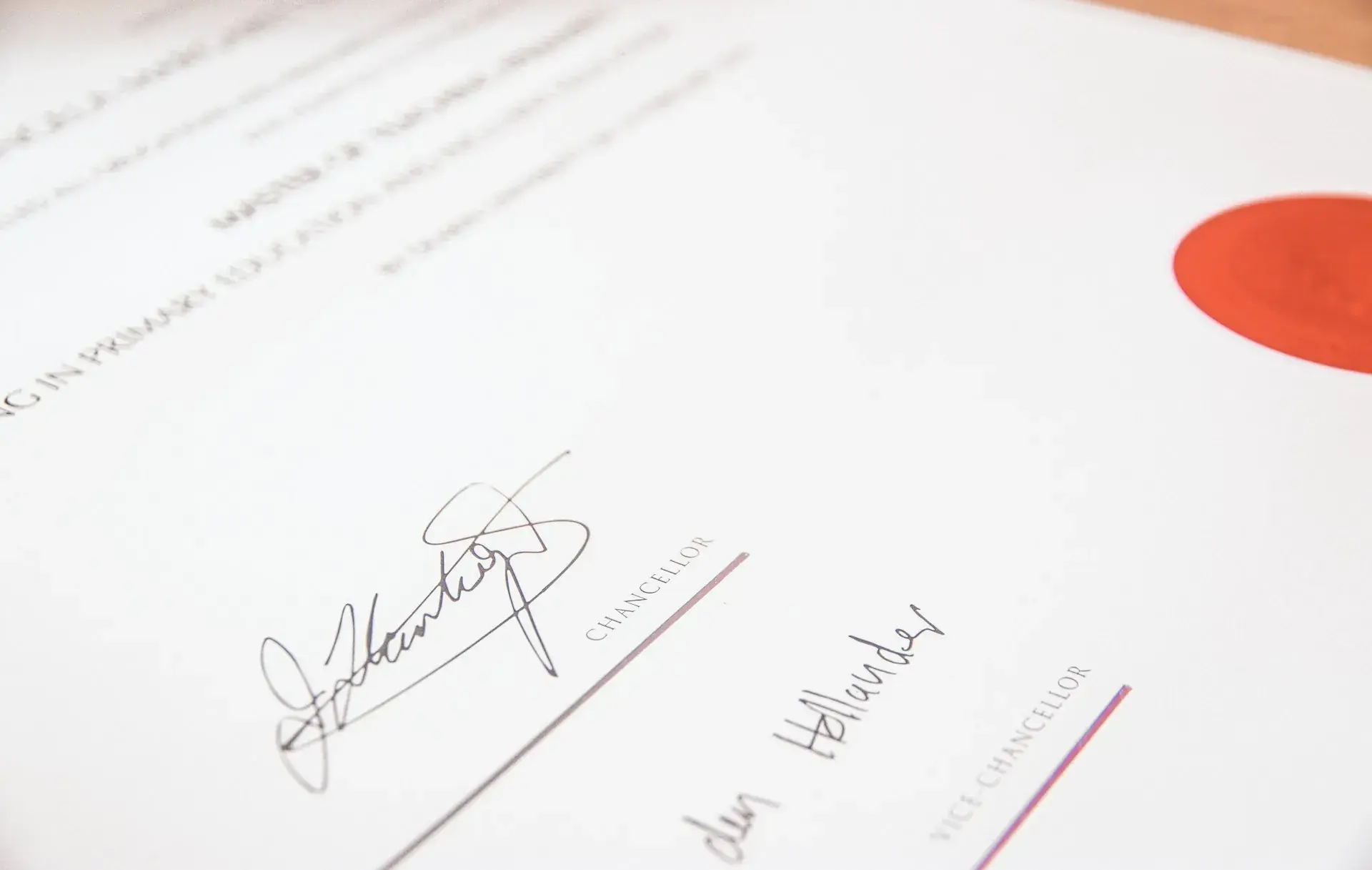Document Legalization: Complete Guide
Learn how document legalization works for non-Hague Convention countries: procedures, timelines, required papers, and professional legal assistance.

Introduction
Document legalization is a mandatory procedure if you need to use your certificates, diplomas, or official papers in countries that are not part of the 1961 Hague Convention.
Unlike the Apostille, legalization requires a multi-step chain of authentications: from the issuing authority, to the competent Ministry, and finally the Consulate of the destination country.
🌍 Examples of countries requiring legalization: China, United Arab Emirates, Vietnam, Egypt, Algeria, and many African and Asian countries.
When is legalization required?
There are two main scenarios:
- Foreign documents to be used in Italy
- Legalization must be completed in the country of origin at the Italian Consulate.
- Italian documents to be used abroad
- Legalization must be completed in Italy at the Consulate of the destination country.
Who can apply?
For foreign documents → Italy
- Citizens of non-Hague Convention countries
- International students applying to Italian universities
- Skilled workers for employment contracts and diploma recognition
- Investors and entrepreneurs opening businesses in Italy
- Mixed couples for marriage and family procedures
For Italian documents → abroad
- Italian citizens moving to non-Hague countries
- Foreign nationals with Italian documents to be recognized in their home country
- Italian companies for exports and joint ventures
- Professionals practicing in countries requiring legalization
- Students enrolling in study programs abroad
Required documents
For foreign documents
Step 1 – Local authentication:
- Original document
- Authentication by the issuing office
- Applicant’s ID copy
Step 2 – Ministry of the country of origin:
- Authenticated document
- Application form + fee receipt
Step 3 – Italian Consulate:
- Document legalized by the Ministry
- Consular form + consular fee
- Applicant’s ID
For Italian documents
Step 1 – Preparation:
- Original Italian document (certificate, diploma, notarial deed)
- Possible preliminary authentication
Step 2 – Italian Ministry:
- Authenticated document
- Application form + secretarial fee
Step 3 – Consulate of the destination country in Italy:
- Document legalized by the Italian Ministry
- Consular application form
- Consular fee payment
Processing times
Foreign documents
- Local authentication: 5–15 days
- Ministry: 15–30 days
- Italian Consulate: 15–30 days
Total: 35–75 business days
Italian documents
- Preparation: 5–10 days
- Italian Ministry: 20–40 days
- Foreign Consulate in Italy: 20–45 days
Total: 45–95 business days
⚠️ Note: processing times may increase during holidays, peak periods, or when additional documents are requested.
How to apply
Foreign documents → Italy
- Issuing authority (civil registry, university, court, chamber of commerce)
- Ministry of Foreign Affairs of the country of origin
- Italian Consulate
Italian documents → abroad
- Italian issuing authority (municipality, university, court)
- Competent Italian Ministry (Interior, Education, Justice, Foreign Affairs)
- Consulate of the destination country (Rome, Milan, other cities)
Final steps
After legalization:
- ✅ Verify all stamps and signatures
- ✅ Provide a sworn translation if required
- ✅ Use for official purposes (work, study, marriage, business)
- ✅ Permanent validity (unless the document itself has an expiry date)
Conclusion
Document legalization is a complex and time-consuming process. Any mistake can lead to delays or rejection. With Future Italian, every step is managed accurately, ensuring that your documents are legalized properly and ready for official use abroad.
Need help with Document Legalizations?
Our immigration experts can help you navigate this process with personalized guidance.
Get Free Assessment